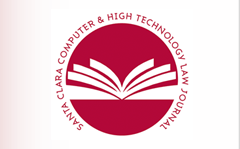Abstract
Patent risk is on the rise; and not just because there is more patent litigation now than ever before. The value of strategic patent management is no longer an unknown or ignored ingredient to corporate success. Nor is proactive and pragmatic patent risk assessment. Shareholders and investors have now caught on that patent management and patent risk affect the value of their equity. This realization has initiated a circuitous life cycle in which more patents are being transacted, divested and strategically managed, resulting in more patent risk for operating companies to monitor. Yet, this last piece—the proactive monitoring of patent risk—may have serious consequences to many companies if wrong decisions are made. For example, because over 96% of companies in the United States make less than $10 million in annual revenues, a patent litigation costing the average $2.5 million could be a “bet the company” event. Therefore, when so much shareholder value is at stake, there is a very reasonable policy argument that the level of accountability should meet the level of the risk. After all, corporate boards of directors are accountable for guarding shareholder value. As this article will demonstrate, they may—and perhaps should—have a fiduciary duty to those shareholders to monitor excessive patent risk taking by the company. The health of innovation and our knowledge economy may depend on it.
Recommended Citation
Ian David McClure,
Accountability in the Patent Market: A Duty to Monitor Patent Risk from the Boardroom,
31 Santa Clara High Tech. L.J. 217
(2014).
Available at: https://digitalcommons.law.scu.edu/chtlj/vol31/iss2/2
